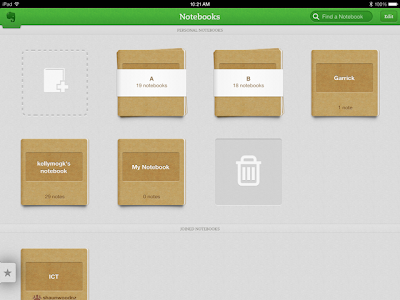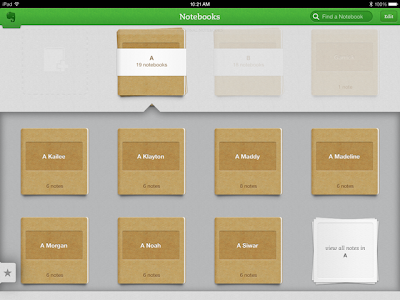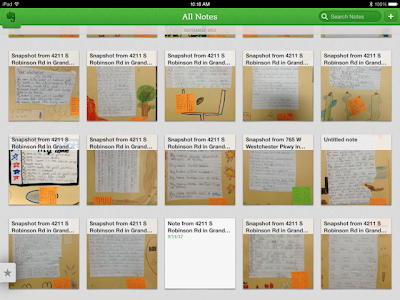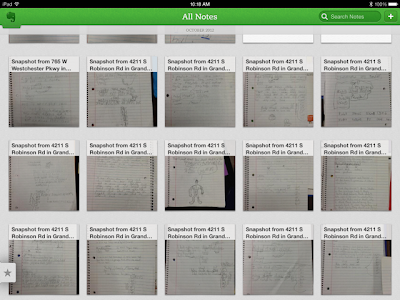In the past few years I've found myself rewriting, resending, and basically just resharing the following post. Since it's information I'm asked about so often, it suddenly dawned on me (I'm fast, that way) that it was worth blogging about.
I have a heart for helping boys find their voice in a world that tends to prefer they leave the rough and tumble at the door. Yes, by world I mean school - because when you're eight, nine, ten, or even older, school is your world. It's difficult for boys to become strong writers if they never have the opportunity to become strong readers. And many boys struggle to find a place as a reader, because their desire for blood, guts, vampires, and fart jokes is seen as unacceptable for school.
When we tell a child that their reading or writing choice is unacceptable, we may as well point at them and say, "You sir, are unacceptable."
I think that's when we lose many boys that so desperately need to be found.
For me, the important thing about boys is remembering they
need to feel like they have a place and a say. Often, we let our own thoughts
on what is appropriate dictate their reading and writing style, and it shuts
them down.
They want to read Captain Underpants? Cool. Only will read
Sports Illustrated for Kids? Good enough for me. Reading Stephen King? Eek,
that terrifies me but if it’s working for them, more power to them! Refusing to even glance at anything that's not a comic book or graphic novel? Awesome. What better place to get excited about reading than a book filled with amazing illustrations, built-in scaffolding devices, and nonstop action?
Let them know they have a choice – even if it seems
completely backwards, and things will change. Comic books, blogs, magazines, picture books; if
it has words and they’re not cussing or otherwise profane or harmful to anyone – let those boys
read.
Some places for help:
Guys Read is an
amazing website for books and other resources that boys will love. It has never
failed me.
Any of the actual “Guys Read” books – each is a collection
of short stories written by male authors with the intent of being interesting
for boys. Also, this
book by the same authors, all about what it means to be a boy.
And if you can get your hands on The Book Whisperer by Donalyn Miller, it is so worth your time. It's one of those books that make you rethink your current practices, and we all need that from time to time.
When in doubt, just let them read. How can you go wrong when they happily have their nose in a book?
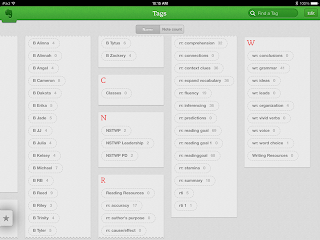.PNG)
